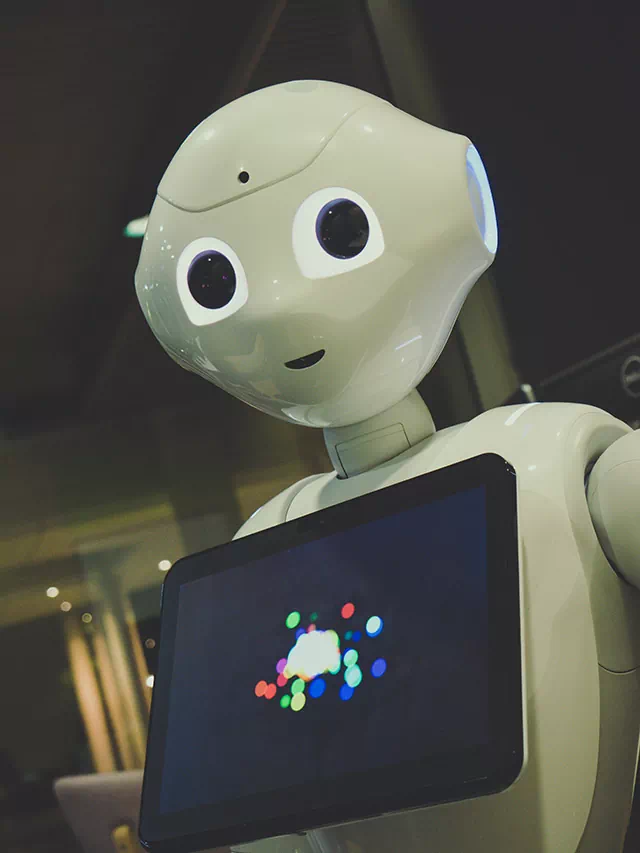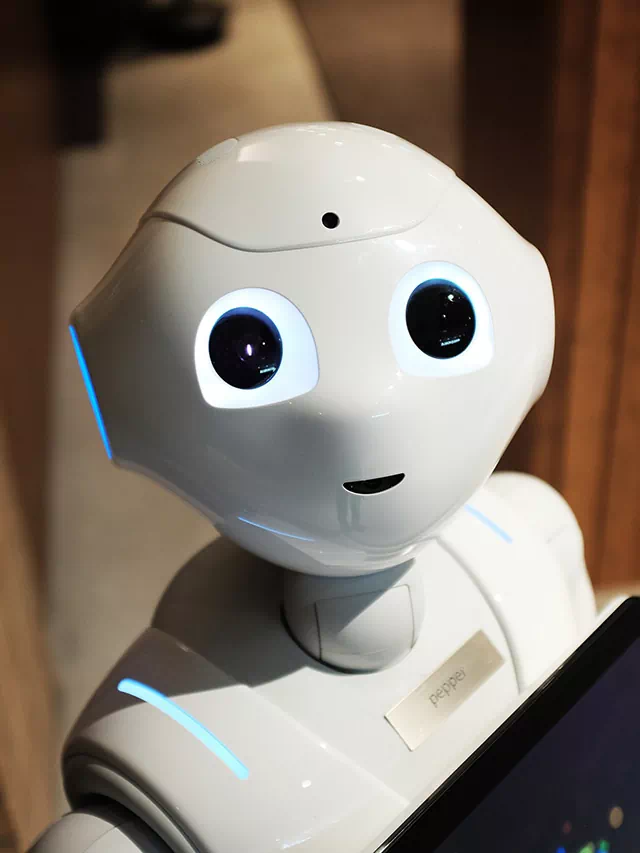Artificial intelligence (AI) is rapidly advancing and has the potential to revolutionize many industries. While AI offers many benefits, it also poses a threat to jobs that are at risk of being automated. In this article, we will explore which jobs are at risk from AI and what can be done to prepare for the changes.
Manufacturing and Production Jobs:
The rise of automation has already led to the loss of many manufacturing and production jobs. With the increasing use of robotics and AI-powered machinery, the trend is expected to continue. Robots can perform repetitive tasks much faster and more accurately than humans, reducing the need for human workers.
Transportation and Delivery Jobs:
With the development of self-driving vehicles, the need for drivers in the transportation and delivery industries is expected to decrease. This could lead to job losses for drivers of trucks, buses, and taxis.
Customer Service and Support Jobs:
Chatbots and virtual assistants powered by AI are becoming increasingly popular for customer service and support. These tools can handle simple customer queries and complaints without the need for human interaction. This could lead to the loss of many jobs in the customer service and support industries.
Data Entry and Processing Jobs:
AI can analyze and process large amounts of data much faster and more accurately than humans. This could lead to the loss of many jobs in data entry and processing.
Financial Services Jobs:
AI is being used in many areas of the financial services industry, including fraud detection, risk management, and investment analysis. This could lead to the loss of many jobs in these areas.
Healthcare Jobs:
AI is already being used in the healthcare industry for tasks such as diagnosing diseases and analyzing medical images. While AI can improve efficiency and accuracy, it could also lead to job losses for radiologists, pathologists, and other medical professionals.
While the rise of AI is expected to lead to job losses in some industries, it will also create new jobs and opportunities in others. For example, AI developers and programmers will be in high demand as more companies adopt AI technology. Additionally, new jobs will be created in areas such as robotics maintenance and repair.
To prepare for the changes brought about by AI, workers should focus on developing skills that are difficult to automate. These include skills such as creativity, critical thinking, and emotional intelligence. Workers should also consider retraining or upskilling to prepare for new roles that may be created by the adoption of AI technology.
It’s important to note that not all jobs are equally at risk from AI. Some jobs, such as those that require creativity or human interaction, are less likely to be automated. For example, jobs in the arts, entertainment, and social services sectors are less likely to be replaced by AI.
It’s also worth noting that the impact of AI on the job market will vary depending on the region and industry. For example, the use of AI in manufacturing may have a greater impact in countries where labor costs are high, while the impact may be less significant in countries where labor costs are lower.
Another factor to consider is the ethical implications of using AI to automate jobs. While AI can improve efficiency and accuracy, it can also perpetuate biases and discrimination. It’s important for companies and policymakers to consider these ethical concerns when adopting AI technology.
In conclusion, the rise of AI poses a threat to jobs in many industries. While the changes may be unsettling, it’s important to remember that new opportunities and jobs will also be created. By developing the right skills and staying informed about industry trends, workers can prepare for the changes brought about by AI and ensure they remain relevant in the job market.


